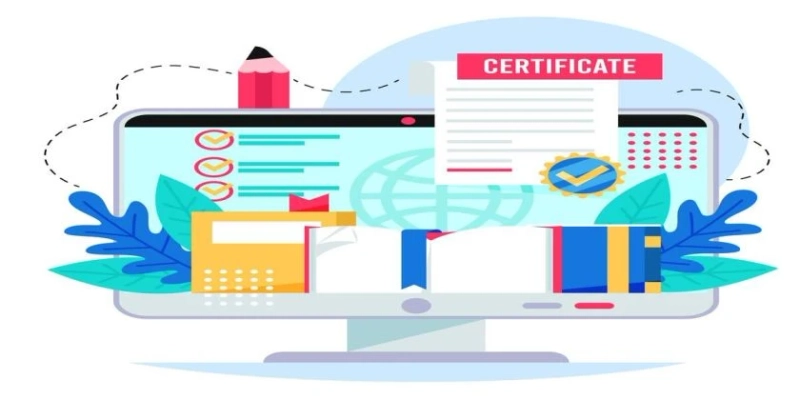Pursuing a Project Management Professional (PMP) certification is a significant step for many professionals in Pakistan looking to advance their careers. The certification is globally recognized and can open doors to better job opportunities and higher salaries. However, the journey to becoming PMP certified is not without its challenges. Many aspirants make common mistakes that can derail their efforts. In this article, we will discuss top three mistakes people make when pursuing PMP certification in Pakistan and how to avoid them.
Underestimating the Exam Preparation
One of the biggest mistakes is underestimating the amount of preparation needed for the PMP exam. The PMP exam is rigorous and covers a wide range of topics, from project planning to execution and monitoring. Many professionals think that their experience in project management is enough to pass the exam. They underestimate the depth and breadth of the PMP syllabus. Balancing work, family, and study time can be challenging. Many candidates do not allocate enough time to study, thinking they can cram at the last minute.
To avoid this, create a realistic study plan that spans several months. Allocate specific times for studying each week and stick to it. Invest in reputable PMP study guides, online courses, and practice exams. Resources like the PMBOK Guide (Project Management Body of Knowledge) are essential. Joining a study group can also provide motivation and support. Discussing topics with peers can enhance understanding and retention.
Not Practicing Enough with Mock Exams
Another common mistake is not taking enough mock exams. Mock exams are crucial because they help candidates get used to the format and timing of the actual PMP exam. Some candidates believe that reading the study materials is sufficient and underestimate the importance of practice exams. Not all candidates have access to good quality mock exams or may not know where to find them.
To avoid this, practice with as many mock exams as possible. This helps identify weak areas and get used to the pressure of timed exams. After taking a mock exam, spend time analyzing the results. Understand why you got certain questions wrong and review those topics thoroughly. Try to replicate the actual exam environment when taking mock exams. This means no interruptions, adhering to the time limit, and using only the resources you would have on exam day.
Ignoring the Application Process Requirements
The PMP certification process involves more than just passing an exam. Candidates must also meet specific educational and professional experience requirements and fill out an application detailing their project management experience. Some candidates do not fully understand the PMP eligibility requirements and either do not meet them or fail to document their experience correctly. Many candidates struggle with documenting their project management experience in a way that meets PMI's (Project Management Institute) standards.
To avoid this, thoroughly review the PMP eligibility criteria before starting the application process. This includes the required hours of project management experience and the necessary educational background. Maintain detailed records of your project management experience. This includes the duration of each project, your role, and the specific tasks you performed. If you are unsure about the application process, seek guidance from someone who has successfully obtained the PMP certification in Pakistan. There are also professional services and consultants who can help with the application.
Conclusion
Achieving PMP certification in Pakistan can be a game-changer for your career, but it's essential to avoid common pitfalls. By understanding and avoiding these top three mistakes, underestimating exam preparation, not practicing enough with mock exams, and ignoring the application process requirements, you can increase your chances of success. Remember to plan your study schedule carefully, make use of quality resources, practice extensively, and ensure you meet and document all eligibility requirements. With dedication and the right approach, you can achieve your PMP certification and take your career to the next level.



